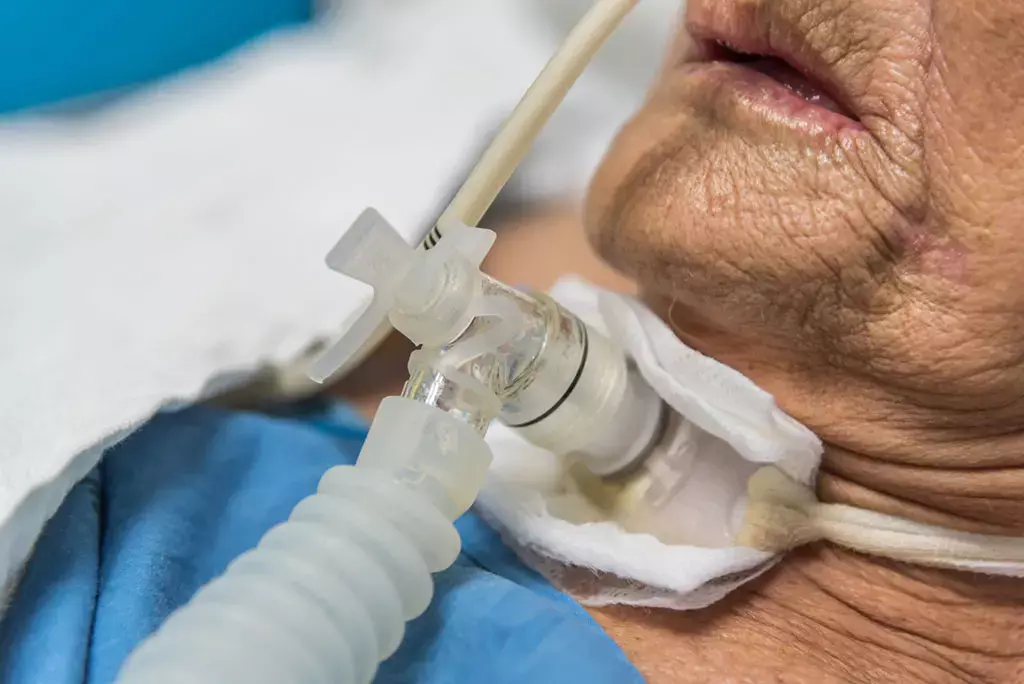- Home
- Medical news & Guidelines
- Anesthesiology
- Cardiology and CTVS
- Critical Care
- Dentistry
- Dermatology
- Diabetes and Endocrinology
- ENT
- Gastroenterology
- Medicine
- Nephrology
- Neurology
- Obstretics-Gynaecology
- Oncology
- Ophthalmology
- Orthopaedics
- Pediatrics-Neonatology
- Psychiatry
- Pulmonology
- Radiology
- Surgery
- Urology
- Laboratory Medicine
- Diet
- Nursing
- Paramedical
- Physiotherapy
- Health news
- Fact Check
- Bone Health Fact Check
- Brain Health Fact Check
- Cancer Related Fact Check
- Child Care Fact Check
- Dental and oral health fact check
- Diabetes and metabolic health fact check
- Diet and Nutrition Fact Check
- Eye and ENT Care Fact Check
- Fitness fact check
- Gut health fact check
- Heart health fact check
- Kidney health fact check
- Medical education fact check
- Men's health fact check
- Respiratory fact check
- Skin and hair care fact check
- Vaccine and Immunization fact check
- Women's health fact check
- AYUSH
- State News
- Andaman and Nicobar Islands
- Andhra Pradesh
- Arunachal Pradesh
- Assam
- Bihar
- Chandigarh
- Chattisgarh
- Dadra and Nagar Haveli
- Daman and Diu
- Delhi
- Goa
- Gujarat
- Haryana
- Himachal Pradesh
- Jammu & Kashmir
- Jharkhand
- Karnataka
- Kerala
- Ladakh
- Lakshadweep
- Madhya Pradesh
- Maharashtra
- Manipur
- Meghalaya
- Mizoram
- Nagaland
- Odisha
- Puducherry
- Punjab
- Rajasthan
- Sikkim
- Tamil Nadu
- Telangana
- Tripura
- Uttar Pradesh
- Uttrakhand
- West Bengal
- Medical Education
- Industry
Low complications encountered during percutaneous dilatational tracheostomy among obese people: JAMA

A recent study published in the Journal of American Medical Association found that the rate of complications was low in critically ill individuals undergoing percutaneous dilatational tracheostomy (PDT) with obesity, but still higher than the rate in individuals without obesity.
Obesity has traditionally been considered a relative contraindication to PDT due to concerns about increased risk of perioperative complications. However, as practitioners have become more familiar with the technique and have started to use bronchoscopy or real-time ultrasonography for visualization, the indication for PDT has expanded to include patients who were historically deemed high risk.
The systematic review and meta-analysis of 18 studies by Catherine Roy and team, included 1,355 critically ill adult patients with obesity who underwent PDT, found a complication rate of 16.6%. The majority of these complications were non-life-threatening, and only 0.6% of cases were aborted or converted to open surgical tracheostomy (OST). In addition, a meta-analysis of 12 studies showed that patients with obesity had a higher rate of complications associated with PDT compared with their counterparts without obesity.
The key findings of the study were:
The rate of complications associated with PDT is low in critically ill individuals with obesity, although the risk of complications may be higher than in individuals without obesity.
While the study supports the expanded indication for PDT in patients with obesity, the results highlight the need for caution and careful patient selection.
It is important to note that the study has some limitations, including heterogeneity in the definition of obesity, small sample sizes, and potential publication bias. Nonetheless, the results provide useful insights into the safety and feasibility of PDT in critically ill patients with obesity. Future studies should aim to provide more standardized definitions of obesity and better data on long-term outcomes in this patient population.
Reference:
Roy, C. F., Silver, J. A., Turkdogan, S., Siafa, L., Correa, J. A., & Kost, K. (2023). Complication Rate of Percutaneous Dilatational Tracheostomy in Critically Ill Adults With Obesity. In JAMA Otolaryngology–Head & Neck Surgery. American Medical Association (AMA). https://doi.org/10.1001/jamaoto.2022.4824
Neuroscience Masters graduate
Jacinthlyn Sylvia, a Neuroscience Master's graduate from Chennai has worked extensively in deciphering the neurobiology of cognition and motor control in aging. She also has spread-out exposure to Neurosurgery from her Bachelor’s. She is currently involved in active Neuro-Oncology research. She is an upcoming neuroscientist with a fiery passion for writing. Her news cover at Medical Dialogues feature recent discoveries and updates from the healthcare and biomedical research fields. She can be reached at editorial@medicaldialogues.in
Dr Kamal Kant Kohli-MBBS, DTCD- a chest specialist with more than 30 years of practice and a flair for writing clinical articles, Dr Kamal Kant Kohli joined Medical Dialogues as a Chief Editor of Medical News. Besides writing articles, as an editor, he proofreads and verifies all the medical content published on Medical Dialogues including those coming from journals, studies,medical conferences,guidelines etc. Email: drkohli@medicaldialogues.in. Contact no. 011-43720751


